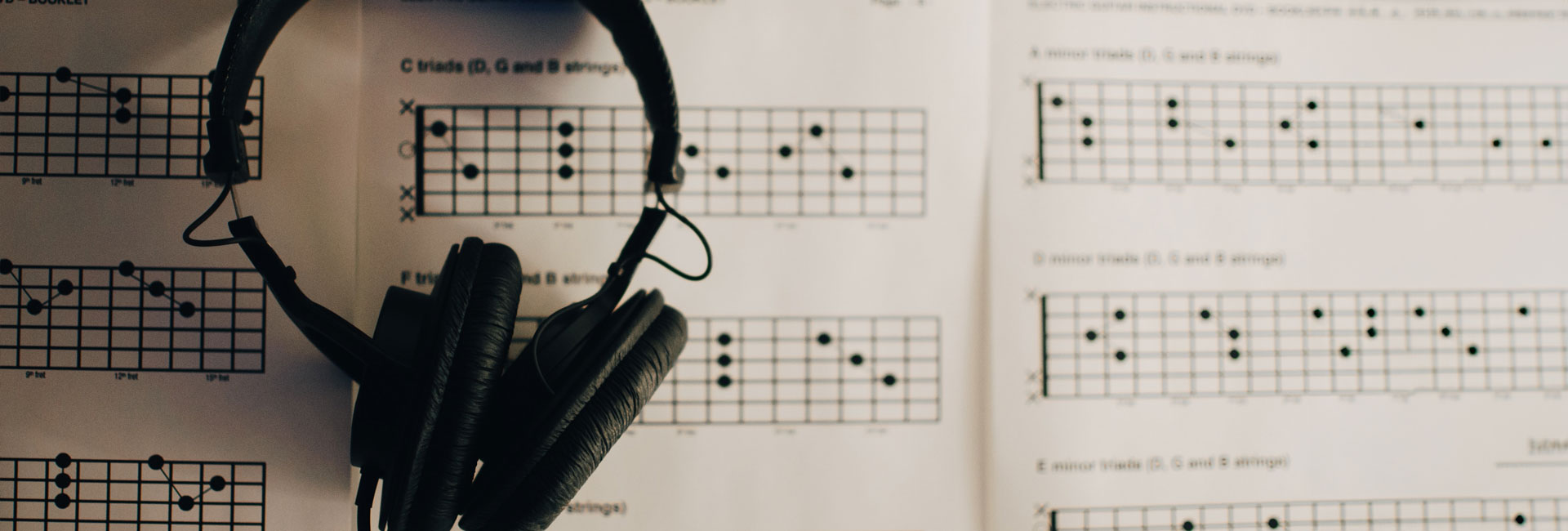Hitting the right note with copyright law: What do to if Your Song Lyrics Are Copied
Sharon Givoni Consulting Arts and design

Hitting the right note with copyright law: What do to if Your Song Lyrics Are Copied
Have you ever poured your heart and soul into writing song lyrics, only to find them echoed in someone else’s music on social media? It’s a situation that can leave any artist feeling violated and wondering what solutions copyright law can provide. In this blog, we’ll explore how Australian copyright law works if you find yourself in this predicament.
Understanding Copyright in Song Lyrics
First the basics: What is Copyright?
In brief, it is a legal right that grants creators control over their original works. In Australia, this is governed by the Copyright Act 1968.
The moment you create something original and fix it in a tangible form – like writing down your song lyrics – it’s automatically protected by copyright. There is no need to register it in Australia although the United States does have a registration system in place.
The Breadth of Protection
When it comes to a song, several elements may be protected including:
Lyrics – these are called ‘Literary Works’ in the wording of the Copyright Act.
Music – these are called “Musical Works’ under the Copyright Act.
Performance – the act of performing your song is also protected.
Sound Recording – The recording of your song is a separate protected entity.
Pictures – if the work has a film clip with pictures in it like drawings they are known as artistic works. They too, are protected.
Hypothetical Scenario: Your Lyrics on Social Media
Imagine you’ve written a song.
You’ve shared these lyrics with a few people, but suddenly, you hear a tune on a social media platform with unmistakably similar lyrics. What can you do?
Is it really an Infringement? Seek legal advice
First, ensure that the lyrics are indeed a substantial copy of your work. Remember, copyright infringement isn’t about the quantity copied but the quality and significance of the part taken.
Tune in to your rights: Do you have evidence?
Document everything. Screenshot the song’s presence on social media, note dates, and gather any evidence that shows when and how you created your original work. Do you have notes of what you did? Computer records? Anything else?
Lyrics, Law, and Legality: Seek legal advice
Before taking any action, it’s very wise to consult with a legal expert in copyright law.
While it’s important to protect your copyright, it’s equally crucial to ensure that any actions taken are justified and legally sound.
Unjustified threats of copyright infringement are against the law under the Copyright Act and this means that if you make them without getting legal advice, this in itself can backfire and lead to legal challenges against you.
By consulting with a legal expert, you can navigate these waters safely, ensuring that your rights are protected while minimising the risk of legal repercussions from unjustified threats.
Taking Action: What Are Your Options?
There are a number of options and your lawyer can best guide you but in short, they include sending a “Takedown Notice” DMCA (Digital Millennium Copyright Act) if the song is on a platform like YouTube.
Sometimes, a direct conversation with the infringer can lead to a solution but again, do this with caution as you don’t want to prejudice your rights. A lawyer will know best.
Sometimes to get a solution you might even need to sue for copyright infringement, and this involves taking legal proceedings which is generally costly.
Understanding the Legal Landscape
Australian law focuses on whether a ‘substantial part’ of your work has been copied. This is a qualitative assessment, not quantitative.
What this means is that even a few lines of your lyrics can constitute a substantial part if they hold significant value in your lyrics or music.
No Registration Required
In Australia, unlike the US, you don’t need to register your work for copyright protection. It exists automatically from the moment of creation.
Fair Use Consideration
Be aware of the ‘fair use’ doctrine, which allows limited use of copyrighted material without permission for specific purposes like parody or satire, criticism or review, or news reporting to name a few.
Copyright in Songwriting – Takeaway Tips
Firstly – Document Your Creative Process, that is keep a record of your creative process and the dates when your work was created. This can be invaluable evidence in proving copyright ownership.
Secondly – Get to understand the basics of copyright law.
Thirdly – Remember that navigating copyright issues are generally complex. Consulting with a copyright lawyer will help you choose the best course of action and proceed safely.
Disclaimer: This article provides general information and does not constitute legal advice. To address specific legal matters, consult a legal professional.
